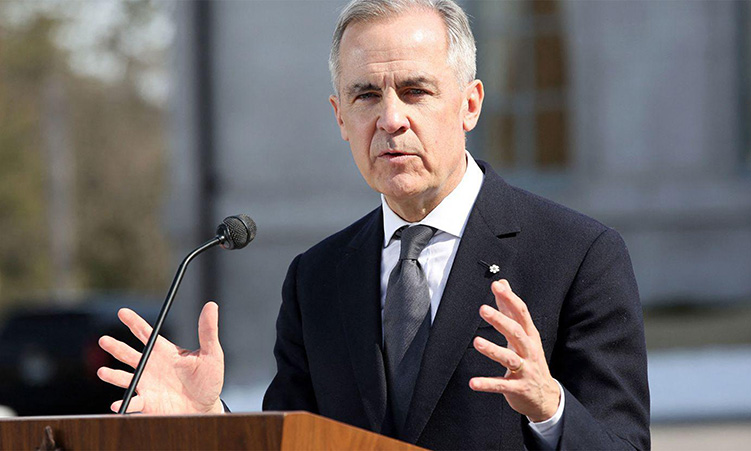GAZA CITY- BBC reporter Alan Johnston was freed yesterday after being held in solitary confinement by Palestinian gunmen for four months in the Gaza Strip, an experience he said was ‘like being buried alive’.
Visibly gaunt but smiling, Johnston said it was ‘fantastic’ to be free. Gaza’s Hamas rulers said Johnston’s release marked the beginning of a new era of law and order in the lawless coastal strip, but also acknowledged they would not disarm Johnston’s al Qaeda-inspired kidnappers, who call themselves the Army of Islam and have close ties to one of Gaza’s most powerful clans.Hamas also said Israeli soldier Gilad Shalit, kidnapped by Hamas-allied militants last year, could be freed next, provided Israel releases hundreds of Palestinian prisoners.However, Israel has balked at such demands.At a news conference with Hamas officials, Johnston – who was held in captivity far longer than any other foreigner kidnapped in Gaza – described his experience as ‘occasionally terrifying’.”The last 16 weeks, of course, were just the very worst you can imagine of my life, like being buried alive, really, removed from the world,” he said.Johnston said his one lucky break was getting a radio and being able to listen to the BBC.”I began to realise the extraordinary extent of support that there was,” Johnston said.His kidnappers, headed by a man known as Abu Khaled, were “often rude and unpleasant,” he said.They “did threaten my life a number of times in various ways,” Johnston said.Johnston described his captors as a small ‘jihadi’ group focused less on the Palestinian conflict with Israel than on “getting a knife into Britain in some way,” he said.In exchange for Johnston, the Army of Islam had originally demanded that Britain free a radical Islamic cleric with ties to al Qaeda.A native of Scotland who covered Gaza for three years, Johnston was snatched from a Gaza City street by gunmen on March 12.Nampa-APGaza’s Hamas rulers said Johnston’s release marked the beginning of a new era of law and order in the lawless coastal strip, but also acknowledged they would not disarm Johnston’s al Qaeda-inspired kidnappers, who call themselves the Army of Islam and have close ties to one of Gaza’s most powerful clans.Hamas also said Israeli soldier Gilad Shalit, kidnapped by Hamas-allied militants last year, could be freed next, provided Israel releases hundreds of Palestinian prisoners.However, Israel has balked at such demands.At a news conference with Hamas officials, Johnston – who was held in captivity far longer than any other foreigner kidnapped in Gaza – described his experience as ‘occasionally terrifying’.”The last 16 weeks, of course, were just the very worst you can imagine of my life, like being buried alive, really, removed from the world,” he said.Johnston said his one lucky break was getting a radio and being able to listen to the BBC.”I began to realise the extraordinary extent of support that there was,” Johnston said.His kidnappers, headed by a man known as Abu Khaled, were “often rude and unpleasant,” he said.They “did threaten my life a number of times in various ways,” Johnston said.Johnston described his captors as a small ‘jihadi’ group focused less on the Palestinian conflict with Israel than on “getting a knife into Britain in some way,” he said.In exchange for Johnston, the Army of Islam had originally demanded that Britain free a radical Islamic cleric with ties to al Qaeda.A native of Scotland who covered Gaza for three years, Johnston was snatched from a Gaza City street by gunmen on March 12.Nampa-AP
Stay informed with The Namibian – your source for credible journalism. Get in-depth reporting and opinions for
only N$85 a month. Invest in journalism, invest in democracy –
Subscribe Now!










